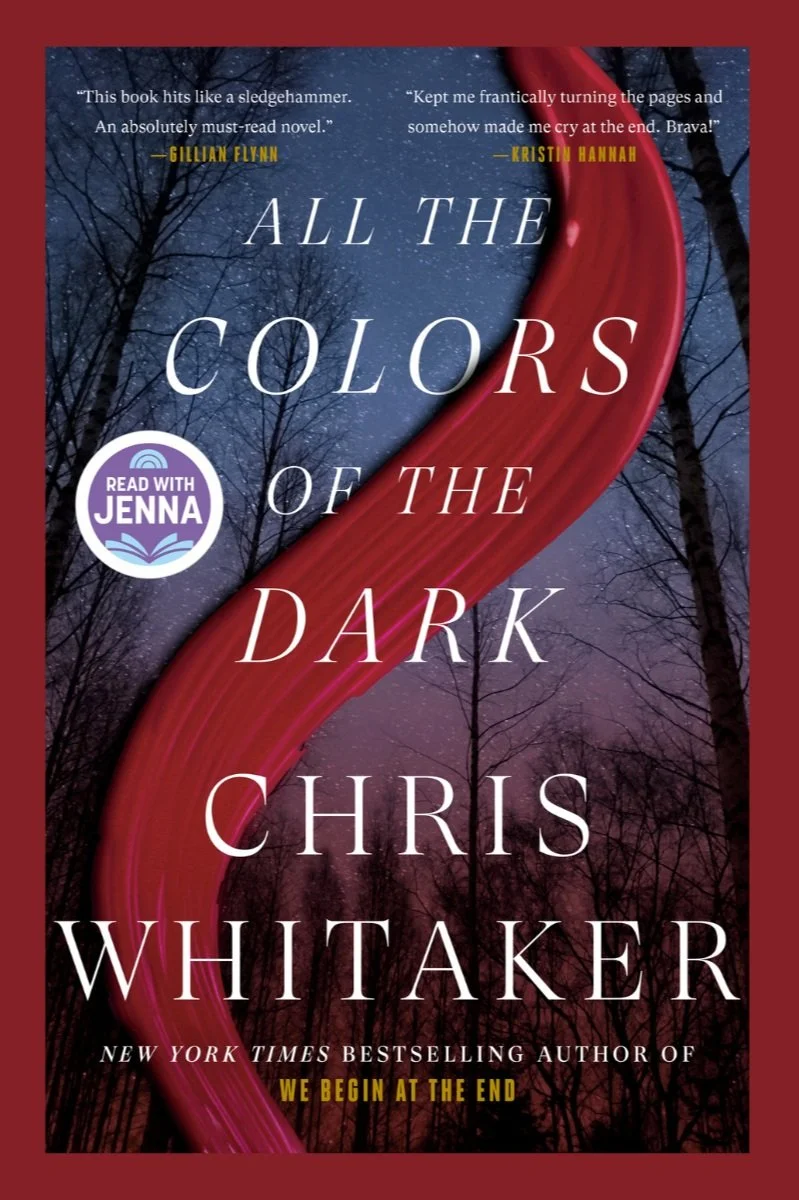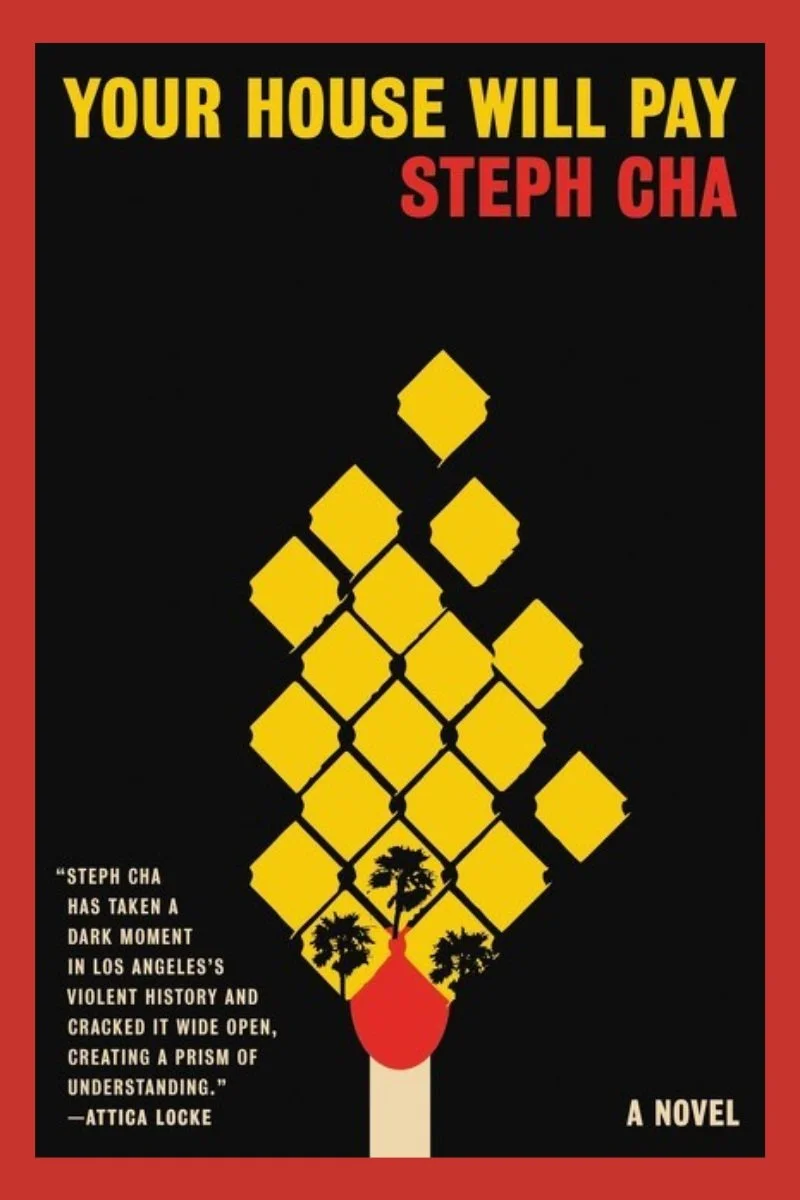Devil House – John Darnielle
Gage Chandler, a famed true crime writer, buys a California house where Satanic-tinged murders took place in the 1980s. In an effort to fully immerse himself in its dark history, he moves in and begins reconstructing elements for his newest book. Written in the style of a true crime narrative, John Darnielle gives the reader a detailed account of a fictional slaying.
While I enjoyed “Devil House” overall, I can see why it has garnered negative reviews on platforms like Goodreads. The first issue is its misclassification as a horror/mystery/thriller novel. While there are some gory details, this is primarily a multi-layered exploration of the ethics of true crime entertainment and the blurred boundaries between fact and fiction.
Second, the structure is uneven. The opening 20% serves as an extended prelude to the "Devil House" crime, laying the groundwork for what feels like a traditional true crime narrative. Just as the reader settles in, Darnielle abruptly shifts to Gage’s previous work, “The White Witch of Morro Bay,” splitting the novel into two core narratives. It’s an unexpected diversion that, while thematically linked, feels a bit like a bait and switch.
Third, the novel also leans into the avant-garde. The middle sections, particularly Part 4, veer into bizarre, surreal territory with strange interludes about knights and medieval fantasy. These tangents slow the momentum and feel disconnected from the rest of the narrative.
That said, I still found myself captivated by Darnielle’s characterizations and his commitment to making the reader think critically about the true crime infotainment complex. In both the "Devil House" and "Witch" storylines, we’re asked to humanize the victims and perpetrators alike, challenging the simplistic binaries of villain and victim that true crime often perpetuates.
In a clever third act twist, Gage reveals he has been tailoring the “Devil House” narrative to fit his agenda, prompting readers to question everything. It’s a sharp commentary on the manipulation of "truth" in true crime that added unexpected depth, elevating the book into more literary territory than anticipated.
Ultimately, “Devil House” is less about the crime itself and more about the ethical considerations of how we consume and produce true crime stories. Darnielle asks readers to reconsider the humanity of those at the heart of these crimes — individuals who had lives, families and dreams, but are reduced to sensational headlines or footnotes in someone else’s story.
Unfortunately, the audiobook experience is hampered by Darnielle’s own narration, which is disappointingly flat and academic. His delivery lacks the energy and emotion needed to bring the story to life, making it feel more like a dull podcast. For those interested, I would recommend reading a physical version.
In the end, Darnielle’s experimental approach doesn’t always hit the mark, and the pacing can feel uneven, but there’s something undeniably compelling about what he did here. For readers willing to engage with its deeper themes (not unlike James Han Mattson’s “Reprieve”), “Devil House” offers a meta-take on the genre.
Rating (story): 4/5 stars
Rating (narration): 2/5 stars
Format: Audiobook (library loan)
Dates read: September 23 – September 27, 2024
Multi-tasking: Good to go. There are a few sections that require concentration, but once you get comfortable with the narrative structure, it’s easy to follow along.





